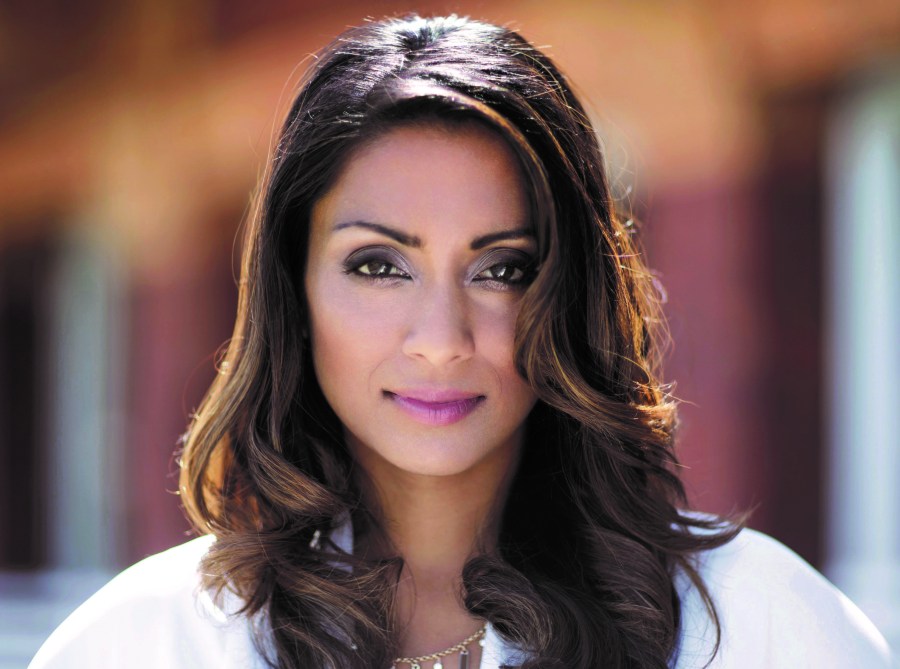Former England women’s cricketer turned broadcaster, Isa Guha, talks about making her Wimbledon debut and the importance of having mentors…
Related: Stef Williams on endometriosis, nutrition and fitness
Did you enjoy presenting Wimbledon?
‘What an amazing opportunity! Never in my wildest dreams did I think that I would get the chance to present Wimbledon and talk about all these amazing tennis players I’ve been following for years. Sue Barker was amazing and really helpful with bringing me in and making sure I felt comfortable. It was her last Wimbledon, so it was a privilege to spend some time with her and learn from the best.’
Related: Wimbledon’s Jordanne Whiley shares her tennis story
You’ve met a lot of sporting legends…
‘I have. It’s kind of strange, really, because many of the cricket players I idolised growing up have become friends. I feel very grateful and fortunate to do what I do. Cricket is part of the Commonwealth Games this year, so I’m looking forward to working with JJ Chalmers on the BBC highlights show every evening. We’re blessed with so many incredible athletes in this country now. It’s just amazing to be able to tell their stories.’
How do you stay fit?
‘I find it very difficult, especially during test matches, because my working day starts around 6am and generally doesn’t end until 7pm. But I’m very lucky to work in Sydney, where I stay in Bondi. Running down the coastline there is a bit of a morning ritual – not just for fitness, it’s calming as well.
‘It’s weird because, when I was playing cricket, I hated running. But I started jogging for longer during lockdown and I like it now. The thing I miss most from my playing days is weight training, but it’s not always easy to find places with free weights when I’m travelling.’
Tell us about the Foundation you are launching?
‘It’s called Take Her Lead and it’s about trying to empower women and girls in cricket by creating a more inclusive, supportive environment. It’s in honour of my mother, who sadly passed away in 2019. She was super inclusive and, as a teacher, she would always go out into the community and give young kids the confidence to get out of their comfort zones and tackle anything in life. That’s what we want to achieve.
‘One of our stands will include mentorship to help girls already on the pathway go out into the community and share their knowledge, so other girls feel more comfortable jumping into that system. Another strand involves trying to empower young girls to become leaders because they have powerful voices, they’re just not quite sure how to use them.’
Do you see yourself as a role model?
‘I do feel a responsibility to share the knowledge I’ve learnt. I wouldn’t be where I am without my mum. At the age of 12 or 13, I could have quit the game because of experiences I’d had. If it wasn’t for the advice I got from my mum, I probably wouldn’t have gone back. Having someone you can talk to is essential for young women. I don’t want more girls and women leaving cricket because they don’t have that support.’







